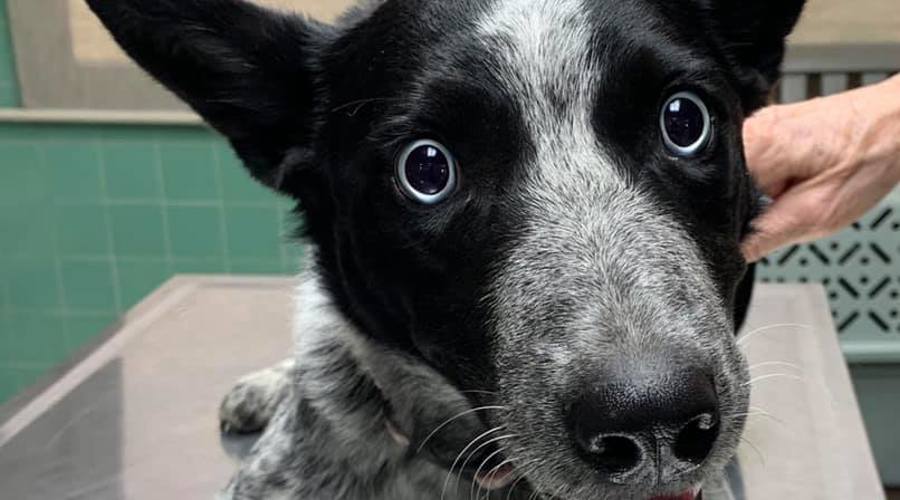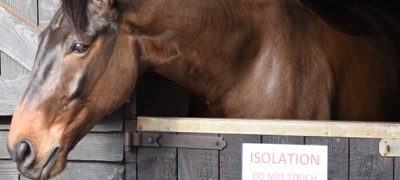Although some of the chemicals routinely used to deworm horses are also used to deworm cats and dogs, they are usually given in far smaller doses in these species and can therefore prove poisonous if cats or dogs lick or eat even a small amount of equine deworming product.
Cats or dogs who have ingested horse dewormer may become unwell with signs including drooling, vomiting, difficulty breathing, poor coordination, trembling, blindness, seizures and in severe cases, they may not recover unless urgent veterinary treatment is received.

The best way to keep your cats and dogs safe is to keep them out of the way when your horses are being dewormed and ideally until the stables are mucked out afterwards. It’s important to clean up any spillages. Always be sure to dispose of used syringes in a sealed bin and make sure any new or unused product is stored securely.
While uncommon, it is also possible for dogs to become unwell from eating manure from a recently dewormed horse. Some dogs of certain breeds, for example collies and other herding breeds, can carry a genetic mutation making them very sensitive to ivermectin-based wormers and these dogs can show signs of poisoning even when a small amount is eaten.
If you ever suspect your pet has eaten equine dewormer or they seem unwell having been around your horse at the time of deworming, contact your vet for advice immediately.




